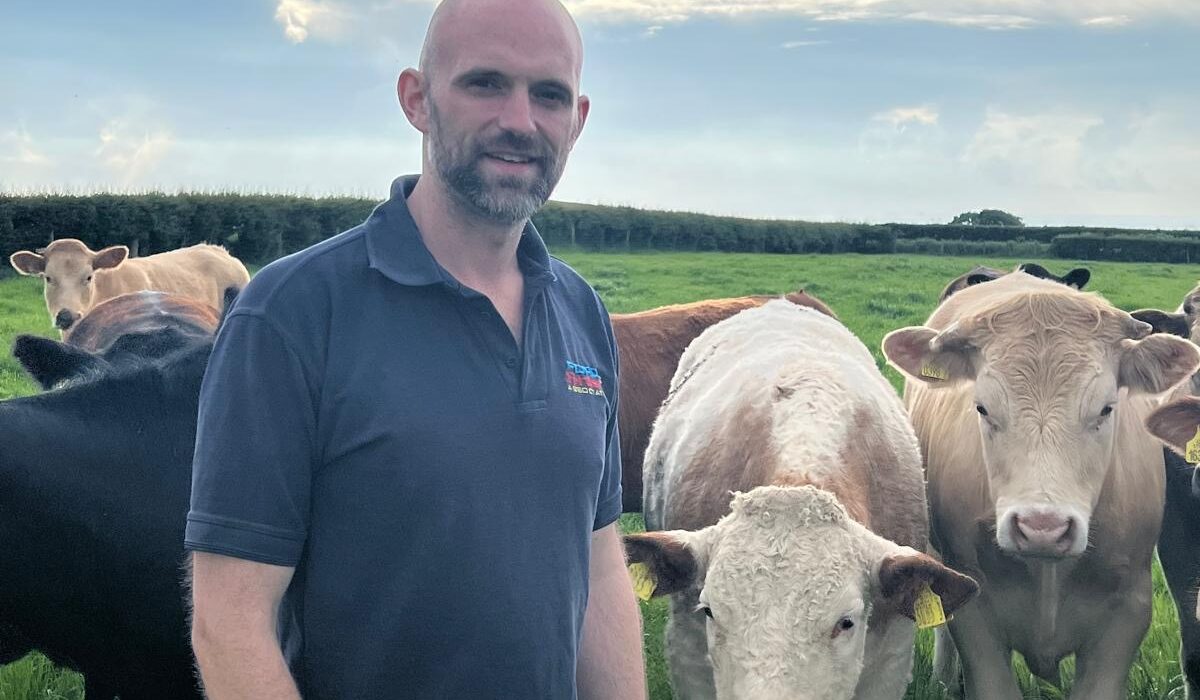Statement by TUV vice chairman Causeway Councillor Allister Kyle:
“TUV is deeply concerned by the Department’s direction of travel following its review of the 2019–2022 Nutrients Action Programme and its proposals for the next phase (2026–2029). These include severe new restrictions on slurry spreading, the mandatory use of low emission equipment, significant curbs on fertiliser usage, and sweeping new enforcement powers — all with limited or no regard to the impact not only to small and medium-sized farms but to those who produce most for our food security, in which we heavily rely on.
“At a time when our farmers are already burdened by rising costs, falling margins, and an avalanche of red tape, this new NAP threatens to push many over the edge. What the Department is proposing isn’t environmental stewardship — it’s regulatory overreach dressed up as green virtue.”
“Among the most damaging measures are:
• A mandatory 3-metre buffer strip on arable land, reducing productive acreage;
• A reduction in permitted slurry volumes during key spreading months, putting real pressure on slurry storage;
• A blanket requirement for Low Emission Slurry Spreading Equipment (LESSE) by 2030 — an enormous cost burden;
• Further phosphorus restrictions that will hit intensively stocked farms hardest, forcing either mass destocking or large land acquisitions;
• Severe new record-keeping and inspection powers, including online movement tracking and fixed monetary penalties.
“In totality, these changes risk turning farmers into data-entry clerks while offering no guarantee of meaningful environmental improvement.
“The Department’s own brief admits that no further action is required to address rural needs — a staggering admission given the deep rural impact of these proposals. The programme has also been screened out of a full Equality Impact Assessment — despite clear indications it will disproportionately affect smaller farms with limited capital to adapt.
“TUV notes with concern that these measures align more with the ideological ambitions of eco-lobbyists than with practical land management. While farmers accept their role in safeguarding the environment, that must be based on trust, partnership, and practicality — not punishment and prescription.
“TUV believes in responsible farming, but we believe it must be realistic, proportionate, and based on partnership. There are better alternatives:
• Targeted support for voluntary adoption of LESSE equipment;
• Education and incentives rather than overregulation;
• Common-sense exemptions for smaller farms;
• Focus on catchment-specific, evidence-led interventions, not sweeping one-size-fits-all restrictions.
“TUV calls on the Department to go back to the drawing board. As things stand, the current draft of the next Nutrients Action Programme represents not a path to environmental improvement, but a roadmap to agricultural decline.”

